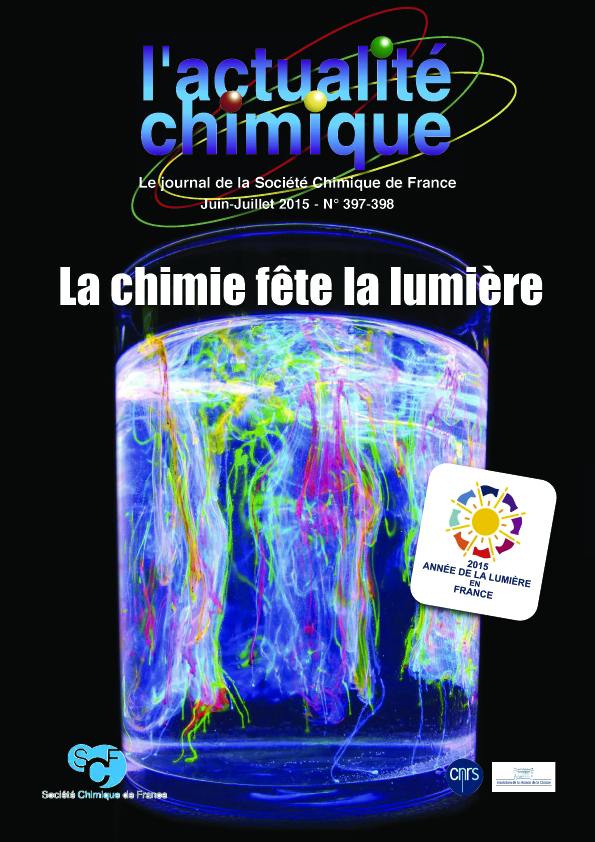Se souvenir de Fritz Haber en 2015
Cet article fait suite à la conférence donnée dans le cadre des séances du Club d’histoire de la chimie de la Société Chimique de France (Paris, 15~mai 2014).
Le chimiste allemand Fritz Haber (1868-1934) fut l’un des plus grands chimistes du XXe~siècle. Après son doctorat en chimie organique en 1891, il s’intéressa à d’autres domaines et mena à bien de nombreuses recherches sur des sujets variés. Il avait un talent scientifique exceptionnel, et une formidable capacité à combiner chimie théorique et applications. Il reçut le Prix Nobel de chimie en 1918 pour la synthèse de l’ammoniaque, ce qui sauva le monde de la famine par le biais des engrais.
Pendant la Première Guerre mondiale, il prit en charge le programme allemand sur les armes chimiques, dont il fut un fervent défenseur. Son action est toujours sujet à controverse. D’obédience juive, il se convertit au christianisme. Sa vie familiale ne fut pas heureuse et semée de tragédies. Quant à sa vie d’homme scientifique et personnelle, elle prit une triste fin avec l’arrivée des Nazis au pouvoir et c’est un homme brisé qui mourut en exil en 1934.
L’année 2015, qui marque le centenaire de la naissance des armes chimiques, nous rappelle qu’Haber y prit part. Cependant, face à une population mondiale qui dépasse aujourd’hui les 7 milliards et la nécessité de contrer les famines, nous devons aussi nous rappeler les contributions de Haber en faveur de l’agriculture. L’année 2015 est une année propice pour se souvenir de sa vie et de ses travaux.
Texte en anglais
Télécharger l'article
